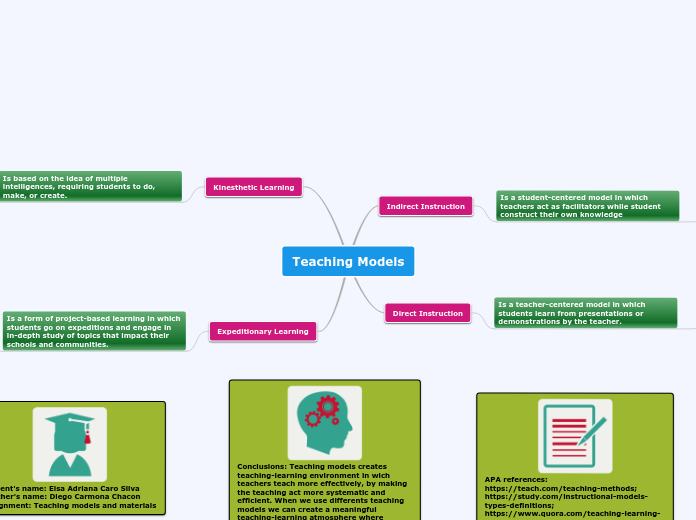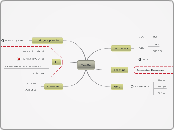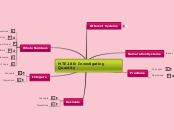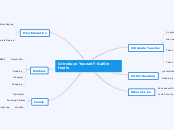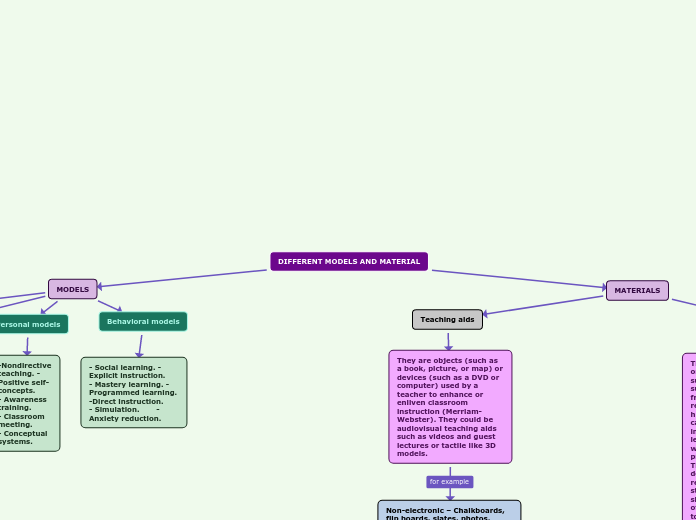por Elsa caro 5 anos atrás
443
Teaching Models
Teaching models are essential for creating an effective teaching-learning environment, where teachers can deliver lessons systematically and efficiently. Different models enhance the learning experience by engaging students in various ways and making them active participants in constructing their knowledge.
